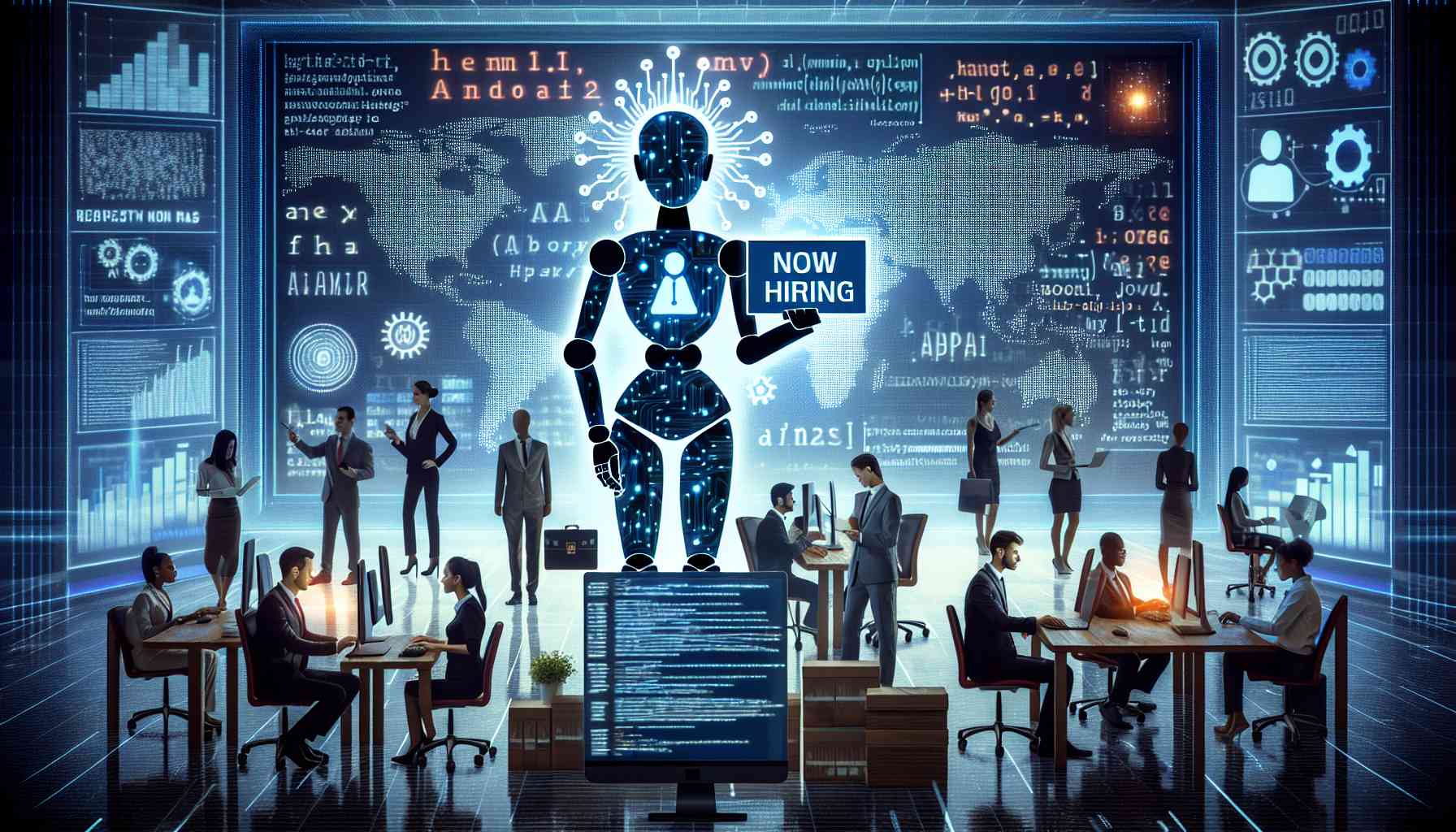Summary: The International Monetary Fund (IMF) warns that up to 40% of jobs worldwide could be affected by artificial intelligence (AI), with this number potentially rising to 60% in advanced economies. While half of these cases may benefit the workforce, the IMF cautions that AI could exacerbate income and wealth inequality. Developing economies could be left behind, leading to a digital divide and increasing income disparities between countries. AI’s unique ability to impact well-paid careers, which typically require nuanced judgment and creative problem-solving, poses a challenge for highly educated professionals. Younger workers may find it easier to embrace the opportunities offered by AI, while older workers may struggle to adapt.
The Surprising Ways AI is Revolutionizing the Workplace
Artificial intelligence is making its mark across various industries, ushering in a technological revolution with far-reaching consequences for the job market. The International Monetary Fund (IMF) issued a report indicating that up to 40% of jobs worldwide could be transformed by AI. However, unlike previous waves of automation and IT, the impact of AI goes beyond routine tasks, potentially affecting well-paid careers that require nuanced judgment and creative problem-solving.
This shift in the job market is not without its challenges. The IMF warns that AI could exacerbate income and wealth inequality, with advanced economies like the UK facing the possibility of up to 60% job transformation. Despite its potential benefits for half of those affected, there is a growing concern about the potential negative effects on society.
Furthermore, developing economies are likely to struggle to seize the advantages offered by AI, resulting in a digital divide and widening income disparities between countries. This disparity could hinder global growth and impede efforts to raise incomes worldwide.
While younger workers may be more inclined to adapt to the transformation brought by AI, older workers might face difficulties in adjusting to the changing demands of the job market. This presents a potential social and economic challenge that needs to be addressed.
In conclusion, AI’s disruptive impact on the job market is undeniable. As the world stands on the brink of this technological revolution, it is crucial to find ways to mitigate the potential negative consequences, address income inequality, and ensure that all individuals have the opportunity to adapt and benefit from the changes.
The source of the article is from the blog meltyfan.es

